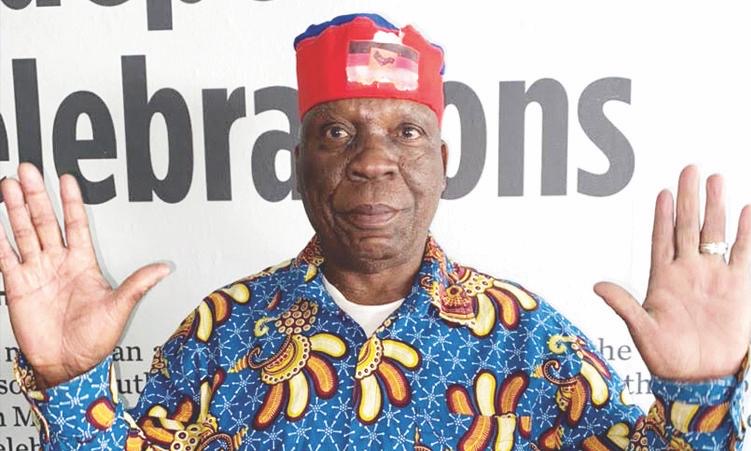LONDON – Britain threatened yesterday to withhold a payment of 50 million pounds (N$690 million) to the World Bank in protest at economic policy conditions it attaches to aid for developing countries.
The money was earmarked specifically for the implementation of World Bank reforms. It is separate from Britain’s main commitment to the Washington-based institution, which London said in 2005 would total 1,3 billion pounds over three years.”We will hold the World Bank and the IMF (International Monetary Fund) to the commitments they have made to work closely with governments to ensure their conditions are drawn from national strategies and reflect national priorities,” said International Development Secretary Hilary Benn.”My decision on the release of the 50 million pound additional payment to the World Bank will depend on satisfactory progress,” Benn said in a statement.Britain has been vocal in trying to secure a better deal for African recipients of aid.Prime Minister Tony Blair put African development at the centre of his presidency of the Group of Eight (G8) rich nations last year.In an interview with BBC radio, Benn said the World Bank was right to place conditions on its loans when such measures helped fight corruption and improve government transparency.”But when it comes to economic policy choices …I don’t think it’s right that we should be telling other countries what to do,” he said.”The UK doesn’t do that any more with its aid.”He mentioned privatisation and trade liberalisation as areas where the World Bank should allow developing nations to charter their own course without interference.”We’re really saying to the bank ‘Can you please demonstrate that actually you are changing the way in which you use conditionality in relation to economic policy’,” Benn said.Danny Leipziger, World Bank vice president for poverty reduction and economic management, said Benn’s comments were the first he had heard of Britain’s protest.”If he’d said that 10 years ago I think it would have been a strong debating point,” he told BBC radio from Singapore where he is attending IMF meetings, arguing that the bank had reformed over the past decade.Britain is a significant shareholder in the bank, holding about five per cent, according to the Web site of Britain’s Department of International Development (DFID).Nampa-ReutersIt is separate from Britain’s main commitment to the Washington-based institution, which London said in 2005 would total 1,3 billion pounds over three years.”We will hold the World Bank and the IMF (International Monetary Fund) to the commitments they have made to work closely with governments to ensure their conditions are drawn from national strategies and reflect national priorities,” said International Development Secretary Hilary Benn.”My decision on the release of the 50 million pound additional payment to the World Bank will depend on satisfactory progress,” Benn said in a statement.Britain has been vocal in trying to secure a better deal for African recipients of aid.Prime Minister Tony Blair put African development at the centre of his presidency of the Group of Eight (G8) rich nations last year.In an interview with BBC radio, Benn said the World Bank was right to place conditions on its loans when such measures helped fight corruption and improve government transparency.”But when it comes to economic policy choices …I don’t think it’s right that we should be telling other countries what to do,” he said.”The UK doesn’t do that any more with its aid.”He mentioned privatisation and trade liberalisation as areas where the World Bank should allow developing nations to charter their own course without interference.”We’re really saying to the bank ‘Can you please demonstrate that actually you are changing the way in which you use conditionality in relation to economic policy’,” Benn said.Danny Leipziger, World Bank vice president for poverty reduction and economic management, said Benn’s comments were the first he had heard of Britain’s protest.”If he’d said that 10 years ago I think it would have been a strong debating point,” he told BBC radio from Singapore where he is attending IMF meetings, arguing that the bank had reformed over the past decade.Britain is a significant shareholder in the bank, holding about five per cent, according to the Web site of Britain’s Department of International Development (DFID).Nampa-Reuters
Stay informed with The Namibian – your source for credible journalism. Get in-depth reporting and opinions for
only N$85 a month. Invest in journalism, invest in democracy –
Subscribe Now!







